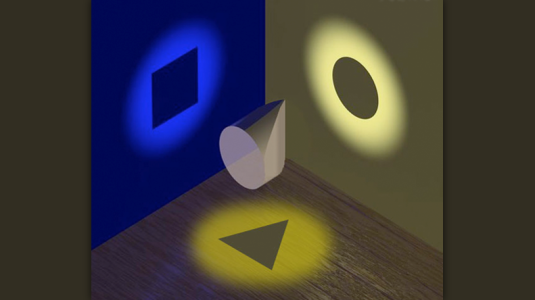-
PRX Quantum2021As quantum computers approach the fault tolerance threshold, diagnosing and characterizing the noise on large scale quantum devices is increasingly important. One of the most important classes of noise channels is the class of Pauli channels, for reasons of both theoretical tractability and experimental relevance. Here we present a practical algorithm for estimating the s nonzero Pauli error rates in an
-
PRX Quantum2021Efficiently estimating properties of large and strongly coupled quantum systems is a central focus in many-body physics and quantum information theory. While quantum computers promise speedups for many of these tasks, near-term devices are prone to noise that will generally reduce the accuracy of such estimates. Here, we propose a sample-efficient and noise-resilient protocol for learning properties of
-
Nature2021Realizing the potential of quantum computing requires sufficiently low logical error rates(1). Many applications call for error rates as low as 10⁻¹⁵ (refs. 2,3,4,5,6,7,8,9), but state-of-the-art quantum platforms typically have physical error rates near 10⁻³ (refs. 10,11,12,13,14). Quantum error correction(15,16,17) promises to bridge this divide by distributing quantum logical information across many
-
arXiv2021Forty years ago, Richard Feynman proposed harnessing quantum physics to build a more powerful kind of computer. Realizing Feynman's vision is one of the grand challenges facing 21st century science and technology. In this article, we'll recall Feynman's contribution that launched the quest for a quantum computer, and assess where the field stands 40 years later.
-
Physical Review Applied2021Cavity resonators are promising resources for quantum technology, while native nonlinear interactions for cavities are typically too weak to provide the level of quantum control required to deliver complex targeted operations. Here we investigate a scheme to engineer a target Hamiltonian for photonic cavities using ancilla qubits. By off resonantly driving dispersively coupled ancilla qubits, we develop
Related content
-
January 14, 2025Key exchange protocols and authentication mechanisms solve distinct problems and must be integrated in a secure communication system.
-
April 01, 2024Caltech professor and Amazon Scholar John Preskill wins Bell Prize for applying both classical and quantum computing to the problem of learning from quantum experiments.
-
February 03, 2023Learn how physics and computer science influence each other and about the importance of the scientific perspective when it comes to quantum technology.
-
February 02, 2023Research on “super-Grover” optimization, quantum algorithms for topological data analysis, and simulation of physical systems displays the range of Amazon’s interests in quantum computing.
-
October 31, 2022With quantum computers poised to take a big step forward, we speak to an Amazon Scholar who has spent two decades driving the technology to realize its enormous potential.
-
October 12, 2022The head of Amazon Web Services’ quantum communication program on the Nobel winners’ influence on her field.







